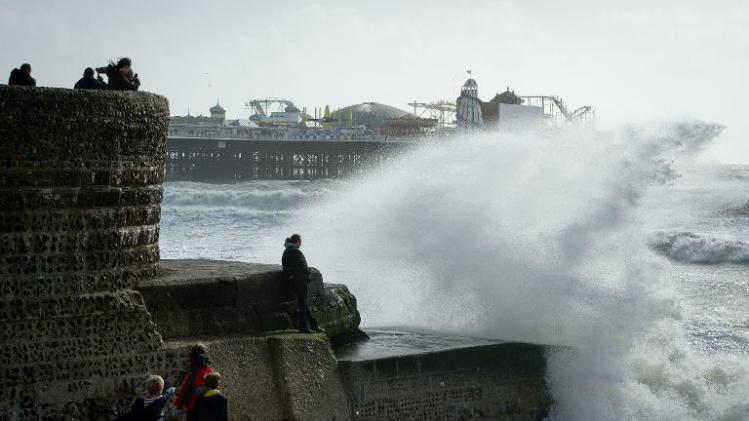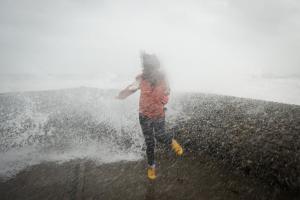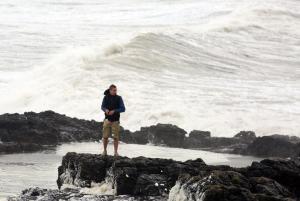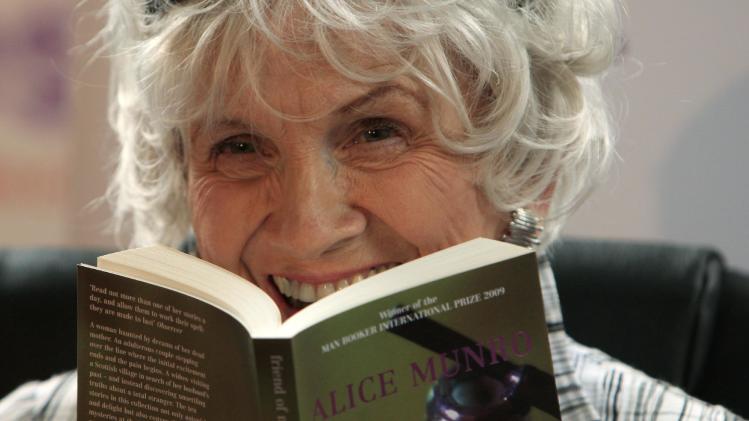
EU leaders are calling for the suspension of a trade pact with the US
worth billions of dollars over NSA spying. The 28-nation bloc suspects
the so-called ‘Safe Harbor’ deal is being undermined by US espionage and
has demanded safeguards for EU citizens.
The EU’s top politicians have slammed Washington for a “breakdown of trust” and seek guarantees for the safety of EU customer data.
“For ambitious and complex negotiations to succeed there needs to be trust among the negotiating partners,” EU Justice Commissioner Viviane Reding said Wednesday in a speech at Yale University.
The Safe Harbor agreement has been in place for 13 years and it allows over 4,300 American companies to collect and process sales, emails and photos from EU customers. In order for firms to be able to collate this information they have to comply with seven directives to prevent data loss and disclosure.
However, EU officials believe the system is flawed and can be manipulated by the NSA.
“If you look at the US legal environment, there is no adequate legal protection for EU citizens,” said the European Parliament’s leading data protection lawmaker Jan Philipp Albrecht after talks with officials in Washington.
In the light of the spy scandal the EU has threatened to suspend the treaty pending stipulated changes that would sure up security. EU leaders are expected to urge the US to strengthen its privacy laws to allow European citizen more control over how their private data is used.
If the ‘Safe Harbor’ pact is suspended it could have a massive knock-on effect, costing the US and EU billions of dollars in trade. Moreover, the pact allows US companies to get around the lengthy approval procedure by the European data protection authorities, without it some US firms would be forced to stop doing business in the EU.
“I don’t think the US government can be convinced by arguments or outrage alone, but by making it clear that American interests will suffer if this global surveillance is simply continued,” said Peter Schaar, the head of Germany’s data protection watchdog.
If Washington fails to comply with the EU’s demands then it could further endanger a free trade deal which could add an estimated $138 billion a year to each economy’s gross domestic product.
Reding warned that if changes were not made to US privacy regulations, negotiations for the free trade agreement could easily be “derailed.”
Negotiations on the conditions of the transatlantic agreement are due to resume in December and a decision is likely to be reached by the end of the year.
The revelations of the NSA’s spying activities in Europe scandalized the 28-nation bloc. Security leaks released by former CIA worker Edward Snowden revealed that the NSA taps millions of phone calls across the continent and stores the collected information in its data banks.
Furthermore, the security disclosures indicate the NSA not only monitors citizens it suspects are involved in terrorism, but also businessmen and high-profile politicians.
In the wake of the scandal the White House has launched an inquiry into its intelligence-gathering practices.
The EU’s top politicians have slammed Washington for a “breakdown of trust” and seek guarantees for the safety of EU customer data.
“For ambitious and complex negotiations to succeed there needs to be trust among the negotiating partners,” EU Justice Commissioner Viviane Reding said Wednesday in a speech at Yale University.
The Safe Harbor agreement has been in place for 13 years and it allows over 4,300 American companies to collect and process sales, emails and photos from EU customers. In order for firms to be able to collate this information they have to comply with seven directives to prevent data loss and disclosure.
However, EU officials believe the system is flawed and can be manipulated by the NSA.
“If you look at the US legal environment, there is no adequate legal protection for EU citizens,” said the European Parliament’s leading data protection lawmaker Jan Philipp Albrecht after talks with officials in Washington.
In the light of the spy scandal the EU has threatened to suspend the treaty pending stipulated changes that would sure up security. EU leaders are expected to urge the US to strengthen its privacy laws to allow European citizen more control over how their private data is used.
If the ‘Safe Harbor’ pact is suspended it could have a massive knock-on effect, costing the US and EU billions of dollars in trade. Moreover, the pact allows US companies to get around the lengthy approval procedure by the European data protection authorities, without it some US firms would be forced to stop doing business in the EU.
“I don’t think the US government can be convinced by arguments or outrage alone, but by making it clear that American interests will suffer if this global surveillance is simply continued,” said Peter Schaar, the head of Germany’s data protection watchdog.
Free trade deal
If Washington fails to comply with the EU’s demands then it could further endanger a free trade deal which could add an estimated $138 billion a year to each economy’s gross domestic product.
Reding warned that if changes were not made to US privacy regulations, negotiations for the free trade agreement could easily be “derailed.”
Negotiations on the conditions of the transatlantic agreement are due to resume in December and a decision is likely to be reached by the end of the year.
The revelations of the NSA’s spying activities in Europe scandalized the 28-nation bloc. Security leaks released by former CIA worker Edward Snowden revealed that the NSA taps millions of phone calls across the continent and stores the collected information in its data banks.
Furthermore, the security disclosures indicate the NSA not only monitors citizens it suspects are involved in terrorism, but also businessmen and high-profile politicians.
In the wake of the scandal the White House has launched an inquiry into its intelligence-gathering practices.




























